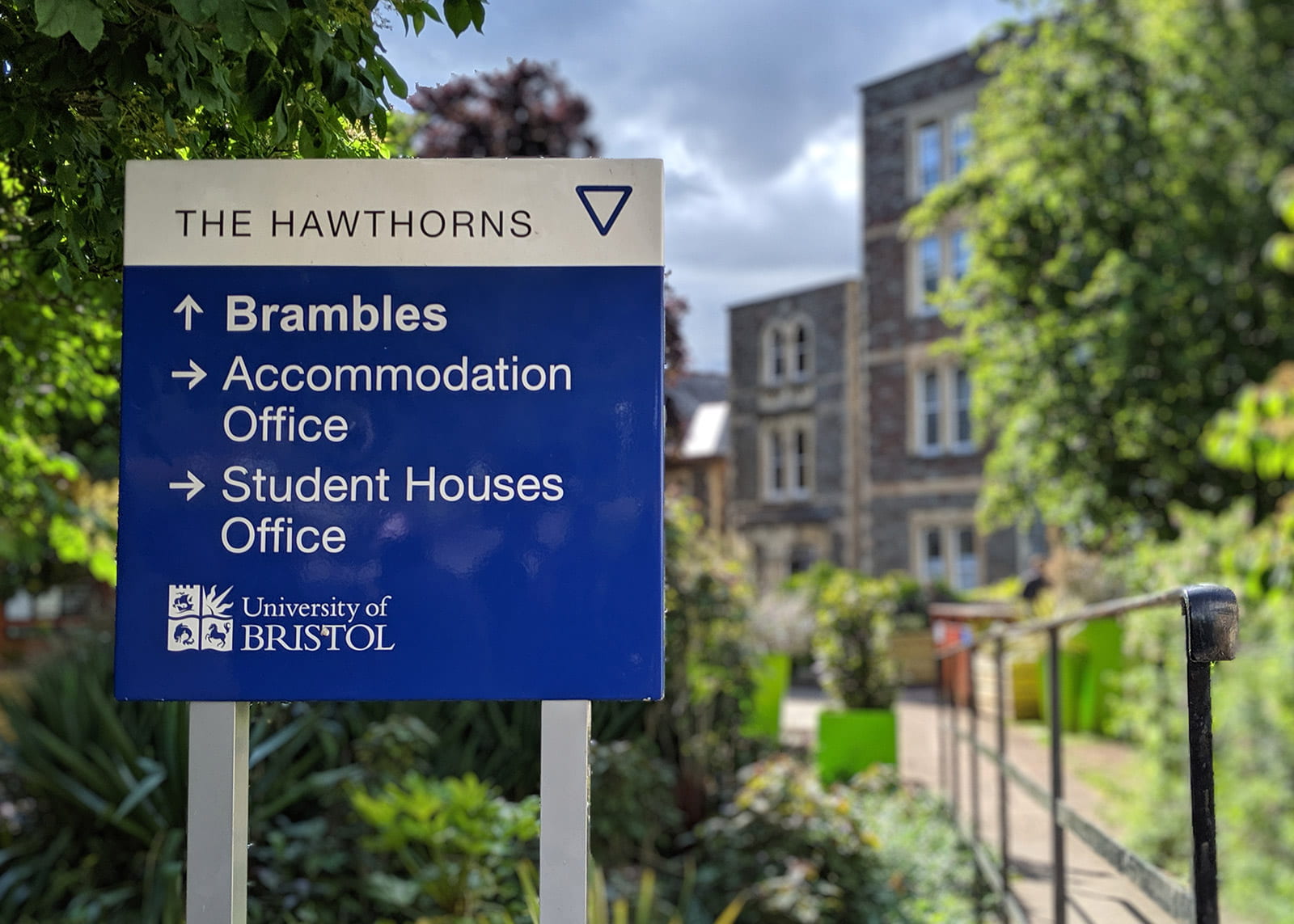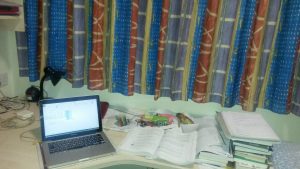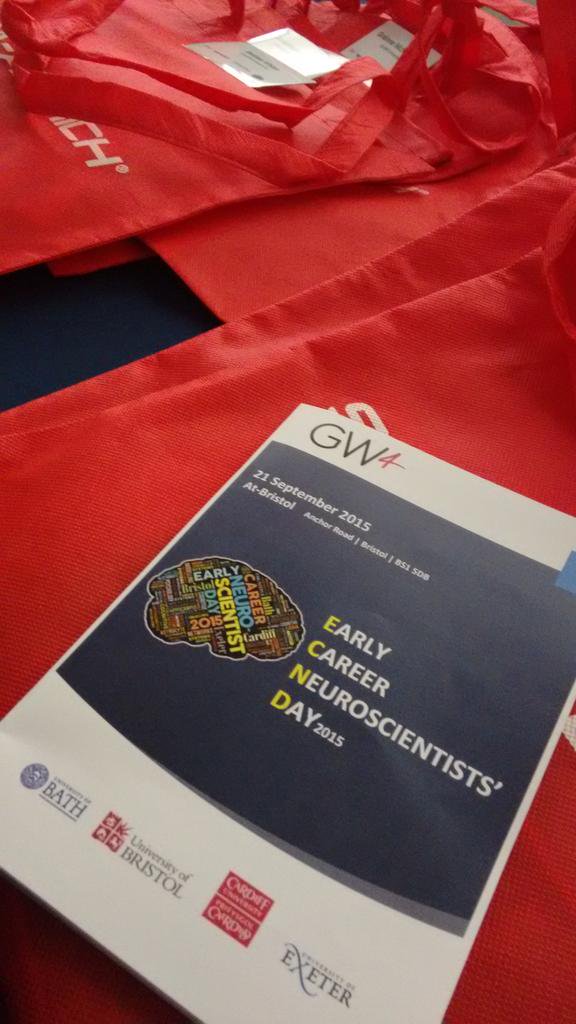
The PGR Hub is closing its doors for the summer in Senate House for necessary and crucial building works to take place across the building. Its new home will be on the second floor of Senate House while the first floor becomes a construction buffer zone for work to continue throughout the 2019/20 calendar on the new Campus Heart atrium.
But don’t worry – we understand that a physical space dedicated to cross-disciplinary research collaboration, and your general development and wellbeing, is an important part of being a PGR at Bristol. Also, we appreciate that research students don’t get whole summers off – research doesn’t always follow academic terms!
We’ll be helping run some summer pop-up activities across campus from June through September for you to meet and mingle with one another, take a time-out, or work on your researcher development. Whether it’s time to focus on writing your thesis or a paper, an opportunity to chat over coffee and cake, or a space to unwind in our calming crafternoons, there is something for everyone to enjoy.
See our schedule below – which will be regularly updated throughout the summer. All of our activities are open to all research students.
Schedule of PGR Hub pop-up activities
| Activity | Date & Time | Location | Description |
|---|---|---|---|
| Spring-into-Summer Shindig | 4-6pm , Thursday 30 May | PGR Hub, 1st floor Senate House | Meet and mingle with your wider research community over light refreshments and snacks – there will be music, plants for the keeping, and a chance to leave your thoughts about the PGR Hub’s first year |
| Writers’ Retreat | 9am-5pm, Tuesday, 11 June | Room 2.26, 35 Berkeley Square | Supportive and structured days designed to help you focus on your word count and pick up some tips on distraction-free writing |
| Coffee & Cake Hour | 11am-12pm Tuesday, 18 June | The Brambles | Take a break from your work, meet other PGRs, and enjoy some *free* sweet treats |
| Thesis Bootcamp: Veterans' Day | 9am-5pm, Wednesday 19 June | TBC | A day for our Thesis Bootcamp attendees to come and check back-in on their progress and write in peace |
| Board Game Café | 2-4pm, Thursday 4th July | The Brambles | Enjoy a classic like chess, Scrabble or Monopoly — or bring in your own game. It's your move. |
| Coffee & Cake Hour | 11am-12pm, Tuesday 16 July | The Brambles | Take a break from your work, meet other PGRs, and enjoy some *free* sweet treats |
| Writers’ Retreat | 9am-5pm, Friday 19 July | Helen Wodehouse Building, 35 Berkeley Square | Supportive and structured days designed to help you focus on your word count and pick up some tips on distraction-free writing |
| Writers’ Retreat | 9am-5pm, Monday 5 August | TBC | Supportive and structured days designed to help you focus on your word count and pick up some tips on distraction-free writing |
| TA Talk Series: with Academic Staff Development | 2-4pm, Wednesday 14 August | The Brambles | Are you a doctoral researcher who teaches? Come along to a relaxed informal talk for those balancing research and teaching. |
| Coffee & Cake Hour | 11am-12pm, Tuesday 20 August | The Brambles | Take a break from your work, meet other PGRs, and enjoy some *free* sweet treats |
Would you like to run an event or session yourself?
PGRs will have access to the Brambles space (in the Hawthorns) throughout the summer.
If you would like to run an event or activity for PGRs during the months of June – September, please get in touch with us with your idea and we endeavour to book you into the Brambles space.
Please note that we will be unable to offer bookings between 12 and 2pm, during which time the space is used as a relaxation lounge by all staff across the University.
When does the PGR Hub open again?
The PGR Hub opens its doors once again on 23rd September. To find out more about the changes taking place in Senate House and the Campus Heart programme, visit their website.



